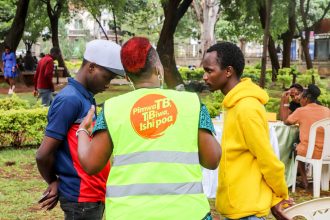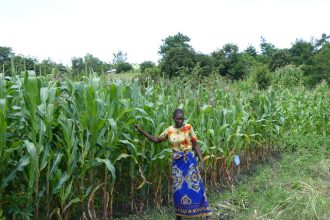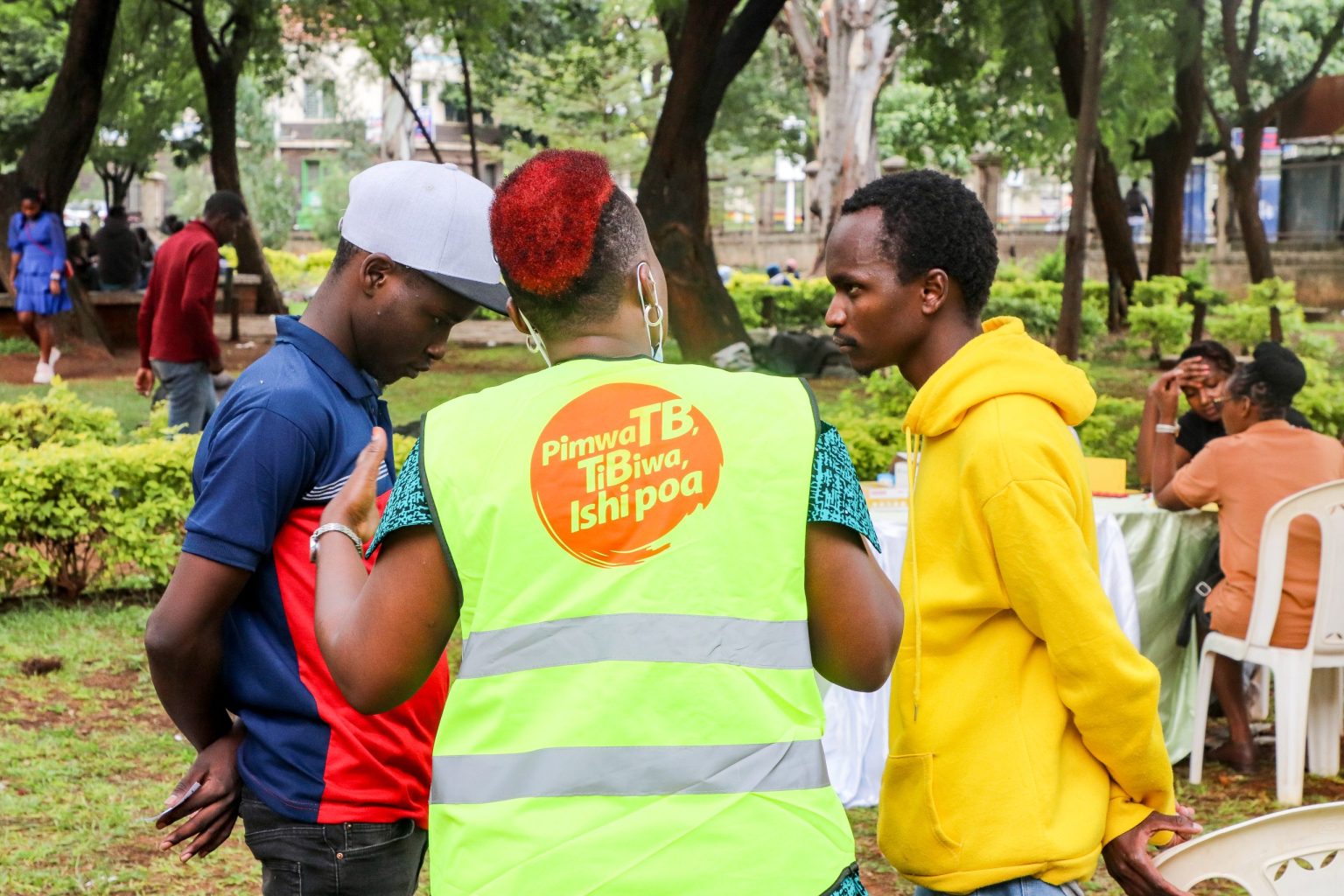New research presented at The Union World Conference on Lung Health, hosted by the International Union Against Tuberculosis and Lung Disease (The Union), has demonstrated the potentially devastating impact of global funding cuts across the globe.
These have led to the closure of essential aid programmes worldwide, including care programmes for TB – leaving millions without access to critical healthcare services and potentially leading to increased disease burden across at least 26 countries. A team from the Center for Modeling and Analysis at Avenir Health (Connecticut, USA) modelled the potential impact of funding cuts to 26 countries with a high burden of TB – with potentially millions of lives at risk.
“Our modelling results show that, in these countries, the TB epidemic could increase substantially within the next five years if the funding gap remains unaddressed, putting millions of lives at risk. To avert this looming crisis, countries urgently need to mobilize additional resources – for example, through blended loans and grants, private sector engagement, and other innovative financing mechanisms,” said Sandip Mandal, Center for Modeling and Analysis, Avenir Health noting that many countries were highly reliant on U.S. funding for TB services, making them particularly vulnerable to the abrupt changes that occurred this year.
In particular, community-based organisations and activities have been severely impacted by the funding cuts due to their reliance on US aid – despite the critical role they play in identifying people with TB, supporting them through treatment, and advocating to end stigma surrounding the illness.
Robyn Waite, Secretariat of the TB Community Coordination Hub said: “When stop work orders were issued, we quickly mobilised by resurrecting the TB Community Coordination Hub to support an informed and coordinated community, which we knew was essential to fighting back and protecting the lives of people with TB. Our TB Specific Impact Survey revealed how stop work orders severely impacted implementing partners ability to deliver critical TB services across the cascade of care.
“Since the stop work orders, we’ve seen how funding for the TB response is reverting countries to a medicalised approach to TB elimination, which is not the best way forward for health systems or people and communities affected by the disease. To end TB, we must advocate for person-centred approaches and appreciate the soft infrastructure, such as stigma reduction and demand generation, in the fight.”
As existing funding gaps have widened, this has exacerbated the shortage of resources that are needed to combat TB, reducing the ability to identify and treat people with TB and therefore increasing the risk of transmission, even in countries which currently have a low burden of disease.
Modelling three potential recovery scenarios across minimal, moderate and worst-case scenario impacts, the team found that long-term service reduction could result in the TB epidemic doubling, and more than 2.2 million TB deaths over the next five years – with the most vulnerable and hard-to-reach communities at greatest risk.
Alongside this catastrophic risk to life, cuts to funding also threaten the job security of many working in TB care services. A TB-specific impact survey led by the TB Community Coordination Hub has found that cuts to USAID has led to tens of thousands of healthcare workers within TB care services being laid off globally – seriously endangering the future of these services, and threatening progress made to date in eliminating the disease.
As well as investigating the impact of cuts globally, public health experts also explored how specific high-burden countries have been affected.
The Network of TB Champions in Kenya have demonstrated how cuts to foreign aid have significantly disrupted the country’s progress in TB prevention, diagnosis, and treatment – jeopardising Kenya’s course to achieving TB elimination.
In Kenya, TB is the fifth most common cause of death, and the country ranks among the top 30 countries with a high TB burden globally.[1]
Cuts in funding have led to community health interventions that were vital to controlling TB in Kenya – such as community outreach programmes, workplace screening and awareness campaigns – either being scaled down or stopped altogether.
The abrupt reduction or closure of these services increases the risk of delayed diagnosis, poor treatment adherence, and higher TB transmission rates across Kenya. Without urgent financial intervention and multisectoral collaboration, the country faces a potential surge in morbidity and mortality linked to TB.
Stephen Anguva, National Coordinator at the Network of TB Champions in Kenya, said: “Donor agencies must weigh not only the financial balance sheet but also the human and public health consequences of withdrawal. Responsible exit planning is essential to ensure that lives and local health systems are not the collateral damage of budget decisions.
“Ending TB is only possible if we invest in communities and fund interventions. Achieving this requires strong research–policy partnerships, domestic financing, and health system integration which will ensure that no one is left behind”.
Professor Guy Marks, President of The Union, said: “The reality that donor-funding for TB control is not infinite, or indefinite, has always been true. However, now is not the time to cut funding and engagement in the fight against TB – we can do that once the job is done. There is no ignoring the devastating impact the funding cuts are already having on global health and the most vulnerable people in our communities.
“If we are to avoid any further derailment of progress due to the ever-decreasing funding pool, we must prioritise critical interventions that will finally break the chain of transmission.
“It is time for governments to strengthen domestic funding and focus resources on evidence-based strategies that deliver the greatest impact on incidence rates of TB. This is not just about delivering treatment; it is about social justice and health equity.”
Dr Obioma Chijioke-Akaniro, Monitoring and Evaluation Manager at the National Tuberculosis, Leprosy and Buruli Ulcer Control Programme in Nigeria, said: “Infectious diseases transmitted via the air respect no borders; the global community should prioritise and adequately fund the elimination of tuberculosis. As adequate, sustained financial investment is indispensable if we are to close the long‐standing gap in prevention, diagnosis and treatment, and ultimately achieve disease eradication.
“Health is a form of capital, it merits investment, not cuts, in reducing funding for health systems we undermine the very foundation of productivity, resilience, and societal well-being. Investing in health means reinforcing human capital, enabling economic growth, and safeguarding communities; cutting it risks all of these.”




